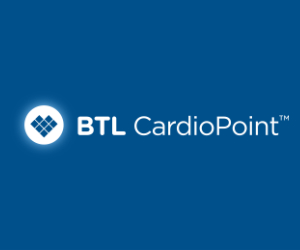Opstructive sleep apnea syndrome and cardiovaskular risk
Obstructive sleep apnea syndrome is one of the most common and neglected problems of patients in the daily practice of family physicians. A seemingly harmless symptom of snoring can be a very serious factor in the etiology of many cardiovascular diseases. The main target group is obese men, middle-aged smokers who, at the same time, belong to the group of patients who very rarely visit a doctor. Patients with the history of goiter, frequent sinusitis or altered upper respiratory tract anatomy are also in the risk group. Specialized high-sensitive questionnaires and polysomnography or home apnea devices are used for the confirmation of this syndrome, while the CPAP device is the main treatment method. Surgical otorhinolaryngology methods are the last option in this problem treatment. Early recognition and treatment of obstructive sleep apnea can significantly increase the quality of life in these patients, prevent the development of chronic cardiovascular complications and ultimately prolong life.
Key words:
arterial hypertension; polysomnography; sleep apnea; sympathetic nervous system





